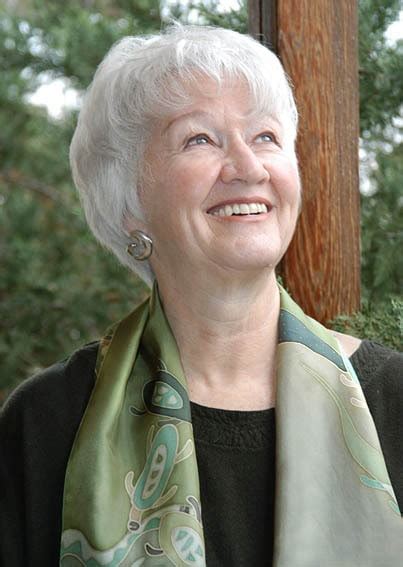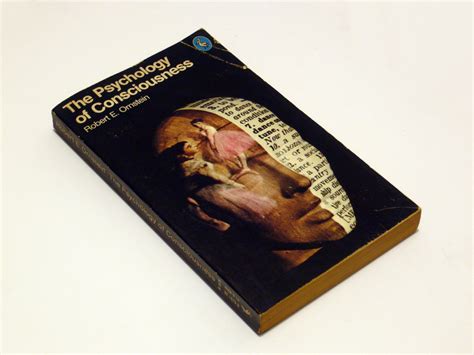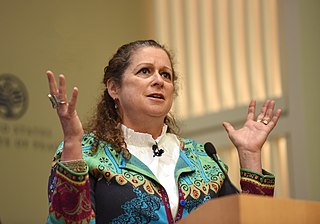A Quote by Timothy Freke
Although we seem to be separate individuals, in reality we are all expressions of one primal imagination. We assume we are many, but in fact we are one. And what we do to each other we do to ourselves.
Quote Topics
Related Quotes
We must see ourselves in community with all other people at local, national and global levels. While this may seem superficially easy, it is actually not. Western culture, now globally dominant, has systematically trained us to think and act as though we are separate individuals, often in competition with each other for scarce resources of one sort or another, primarily money, which has be-come the perceived means to all we want and need in life.
People who have the courage to be individuals can usually think things through on their own and make sound decisions. They don't say, "What will people think?" They say, "What's the best way to handle this?" The amazing fact is that God created each one of us as a separate, unique person amid billions of other separate, unique individuals. So the best way to achieve real fulfillment is to be yourself.
We may seem the weakest and most insignificant of all the Realms, but our strength comes in other ways. We have what no other race has: imagination. Any one of us, even the lowliest, can create worlds within ourselves; we can people them with the most extraordinary creatures, the most amazing inventions, the most incredible things. We can live in those worlds ourselves, if we choose; and in our own worlds, we can be as we want to be. Imagination is as close as we will ever be to godhead, Poison, for in imagination, we can create wonders.
In reality the world is made of thousands of groups of about five hundred people, all of whom will spend their lives bumping into each other, trying to avoid each other, and discovering each other in the same unlikely teashop in Vancouver. There is an unavoidability to this process. It's not even coincidence. It's just the way the world works, with no regard for individuals or propriety.
Fantasy is a literature particularly useful for embodying and examining the real difference between good and evil. In an America where our reality may seem degraded to posturing patriotism and self-righteous brutality, imaginative literature continues to question what heroism is, to examine the roots of power, and to offer moral alternatives. Imagination is the instrument of ethics. There are many metaphors besides battle, many choices besides war, and most ways of doing good do not, in fact, involve killing anybody. Fanstasy is good at thinking about those other ways.
Your will is the ego part of you that believes you're separate from others, separate from what you'd like to accomplish or have, and separate from God. It also believes that you are your acquisitions, achievements, and accolades. This ego will wants you to constantly acquire evidence of your importance... On the other hand, your imagination is the concept of Spirit within you. ...with imagination, we have the power to be anything we desire to be.
The percept is the reality. It is not in propositional form. But the most immediate judgment concerning it is abstract. It is therefore essentially unlike the reality, although it must be accepted as true to that reality. Its truth consists in the fact that it is impossible to correct it, and in the fact that it only professes to consider one aspect of the percept.
The world is not something separate from you and me; the world, society, is the relationship that we establish or seek to establish between each other. So you and I are the problem, and not the world, because the world is the projection of ourselves, and to understand the world we must understand ourselves. That world is not separate from us; we are the world, and our problems are the world's problems.
And yet many of us do it without families," Nynaeve said. "Without love, without passion beyond our own particular interests. So even while we try to guide the world, we separate ourselves from it.We risk arrogance, Egwene. We always assume we know best, but risk making ourselves unable to fathom the people we claim to serve.

































